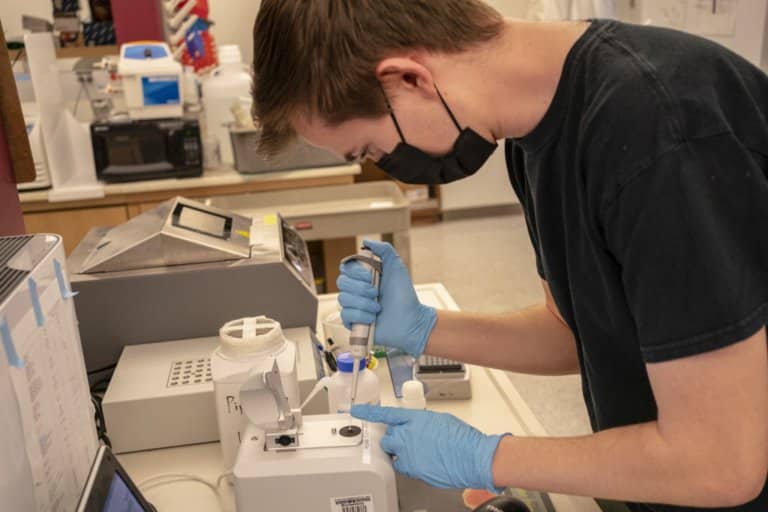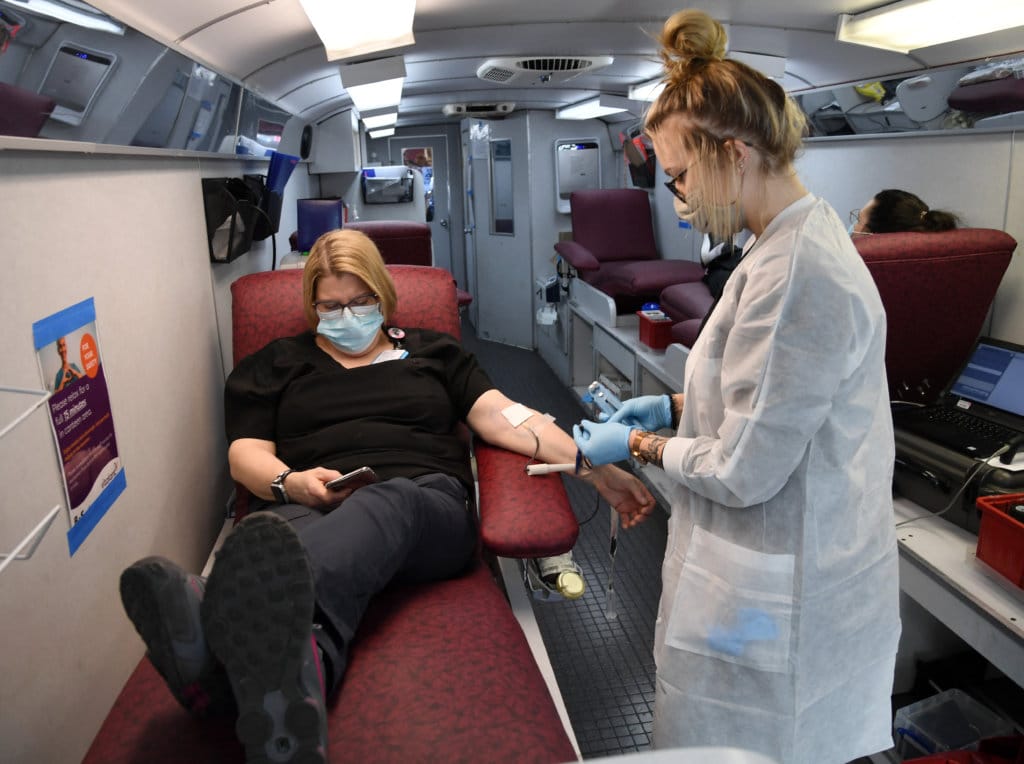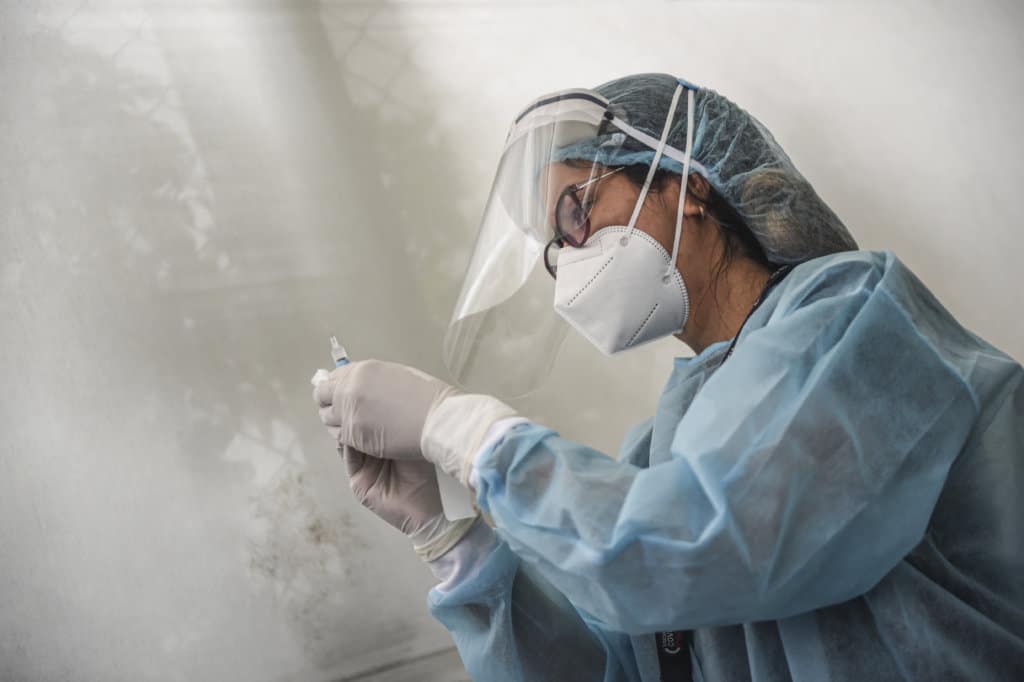
Malaria is a disease that has plagued much of the world’s poorer populations for decades. In 2020, the WHO noted an estimated 241 million cases of malaria worldwide, and 627,000 deaths that came out of it. Nearly all of these were deaths in sub-Saharan Africa — but new advances in medical research seem to point to a hopeful end of such tragedies.
At the core of this is the arrival of two new vaccines. Mosquirix — the first of these vaccines — was recently approved by the WHO after 35 years in the making. It may be distributed late next year.
The second is being developed by the team who created AstraZeneca and is thought to be a more powerful version. According to experts, this is only a year or two away — and may provide the formula that eradicates the vicious disease once and for all.
Still, medical researchers point to a lot more complications that exist outside of the simple development of an effective vaccine. Much of this has to do with funding. Mosquirix, for example, costs more than US$200 million to develop over the course of 30 years and its supply is expected to be limited.
The biggest factor, however, has to do with the limited number of medical researchers who are able to work on developing such vaccines.

From blood drives to tissue samples, participation in clinical trials is integral to advancing healthcare research. Source: Ethan Miller/AFP
The importance of medical research
Health research is crucial to our society. It enables doctors and scientists to better prevent and treat common and dangerous illnesses.
When it comes to research, more data means better chances of developing a suitable cure. The COVID-19 vaccine is a clear example of this. Developing a suitable vaccine for the COVID-19 pandemic had been an ongoing struggle, as not enough data was initially available to conduct research.
However, data isn’t the part that forms the research process. Clinical research is usually conducted by thoroughly examining a sample of people as well as tissue samples. This helps find new methods of detection, diagnosis, treatment, and prevention of new and established diseases.
Many of the vaccines for malaria were developed in the same way. According to the New York Times, the vaccine was tested in Kenya, Ghana and Malawi in children younger than two years. “It is more deliverable in rural, remote settings than many other vaccines have been,” said Prashant Yadav, an expert in healthcare supply chains at the Centre for Global Development.
More than that, such efforts require a large amount of funding — which is severely lacking. Compared to the search for an effective COVID-19 vaccine, funding for malaria — and many other diseases — are not high enough to guarantee the generation of research.
For example, the Gates Foundation spends around US$270 million a year to fight malaria. This is a far cry from figures that suggest the US government spent more than US$900 million to support non-clinical studies and research to encourage candidate vaccines into clinical trials at large pharmaceutical companies.
What does this mean? A scarcity of resources — which in turn results in fewer healthcare professionals willing to enter the world of medical research.

Clinical research is important for the development of vaccines and other preventative healthcare measures. Source: Ernesto Benavides/AFP
The need for more medical researchers
Medical researchers are low in number compared to other professions in the field. For example, the WHO records that only 15% of researchers in Africa are health researchers, with this figure decreasing across other regions. In Southeast Asia, only 6% are medical researchers.
This points to a pressing issue: there are just not enough medical researchers available to address the overwhelming demand for healthcare solutions. Most of it is due to a lack of healthcare experts who end up going into research.
The other side of the coin is that funding worldwide is severely lacking. In 2013, for example, the National Institute of Health’s budget was 21.9% lower than in 2003. In this, the proportion of medical doctors who engage in scientific research makes up only 1.5% of the physician workforce — a measly number considering the urgency and necessity of the matter.
The solution? Ensuring medical students are fully aware of the shortcomings and scarcity of medical researchers — and making them aware of the importance of such an endeavour, outside of just practice.










